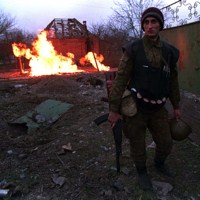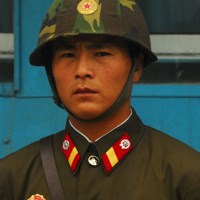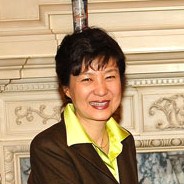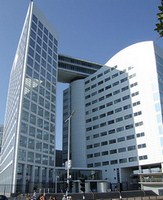
The recent review conference of the Chemical Weapons Convention (CWC), which took place April 8-19, addressed many important issues, including the need to completely eliminate the Russian and U.S. Cold War-era arsenals; states of proliferation concern that have refused to join the CWC; suspected chemical weapons use in Syria; tensions over technology-sharing and export controls; and the growing financial resource constraints on the Organization for the Prohibition of Chemical Weapons (OPCW), which has the lead responsibility for administering and verifying the convention. But overshadowing all these issues are revolutionary and interrelated changes in chemistry, biology and nano and information technologies. […]















